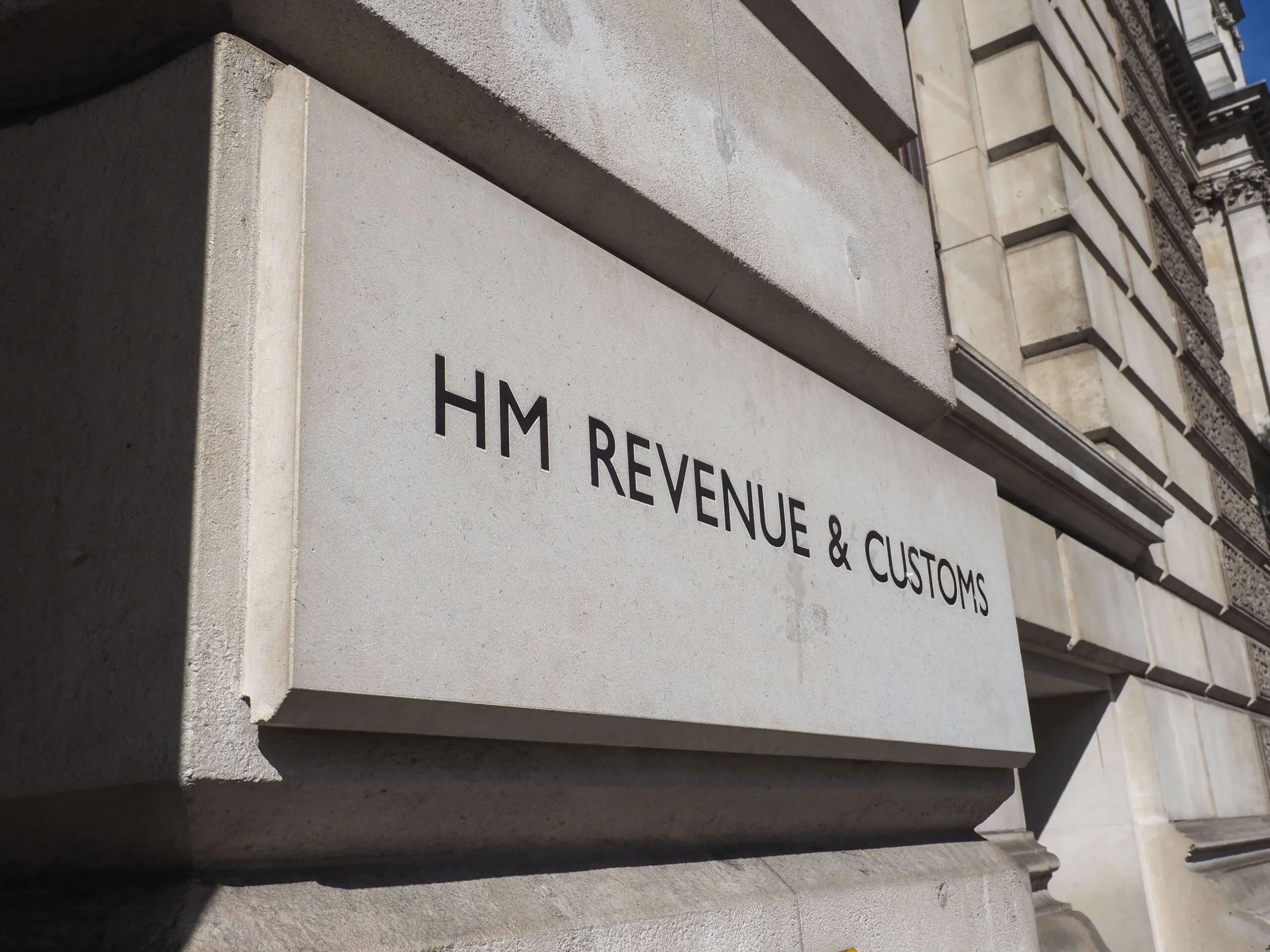Investing involves the risk that your capital goes down as well as up; you may get back less than you invested. The commentary below is not intended as a recommendation for you to personally buy or sell any of the investments mentioned nor to take any investment action whatsoever.
What happened
The simple narrative this year is probably the correct one: the uncertainty caused by President Trump’s tariff announcements sparked a significant selloff from which the market has rebounded as, so far, the bark has been more pronounced than the bite.
The tariff noise has distracted from something with a bigger impact: the weakening US dollar. This has, among other impacts, led investments outside of the US to outperform those within the US, which is a reversal of a major trend of the past decade or so. Consequently, the global equity market – with its heavy weighting to the US – has underperformed most ex-US regional benchmarks.
How it affected TindleWealth portfolios
TindleWealth portfolios are ‘underweight’ the US mega cap stocks that dominate the global stock market index, which has been helpful to our returns from both an absolute and relative perspective. We achieve this principally via certain actively managed funds which are materially different from the ‘index’ that they use as their benchmark. For the record, this has been a longstanding position and, more often than not, has been a headwind rather than a tailwind.
Our portfolios also have a material ‘overweight’ to small and medium sized companies. This was painful in February as the recession risk increased. However, the rebound in Q2 has meant that our small and mid cap funds have outperformed global equities year-to-date.
A negative from a relative perspective, for our UK orientated clients, is that our performance is judged against a benchmark that has a relatively high weighting to the FTSE 100. We own virtually none of the FTSE 100. This is a longstanding position that has served us very well over the years but was a (relative) headwind in H1.
Looking forward
One of our key philosophies is to own what I call ‘real companies’. These are the type of companies that Warren Buffett and Charlie Munger would have historically been proud to own: profitable, low debt and trading at an attractive valuation. Such companies are not always flavour of the month but they are usually the ones that outperform over the long term.
A second key philosophy is that, as investors in shares, inflation is our friend. This view is contrary to what you sometimes hear elsewhere, especially from managers that own more speculative companies. But for those that own high-quality companies that, crucially, are able to increase the price of their products, equities offer robust inflation protection. The key is identifying which companies have the strength to raise their prices because inflation speeds the decline of those than cannot.
Owning quality companies at attractive valuations in an inflationary environment have served our clients very well. We will continue to do this, partly because it seems unlikely that we are going back to a ‘low inflation’ world anytime soon.
In terms of changes outside of equities, we have reduced our exposure to UK government bonds in favour of a new ‘hedge fund’ type strategy that has recently become available to UK wealth managers. We approach such strategies with caution, but the right strategy can play a valuable role in portfolios (as our clients have previously experienced). We now own two such strategies.
Our ‘active’ equity funds had a very good first half of the year with all but one outperforming the global equity market. This is unusually good and will be difficult to repeat in the second half of the year. But it hopefully indicates that our investments are well setup for the world of the 2020s and therefore bodes well for performance in future years.

As featured in






 Production
Production